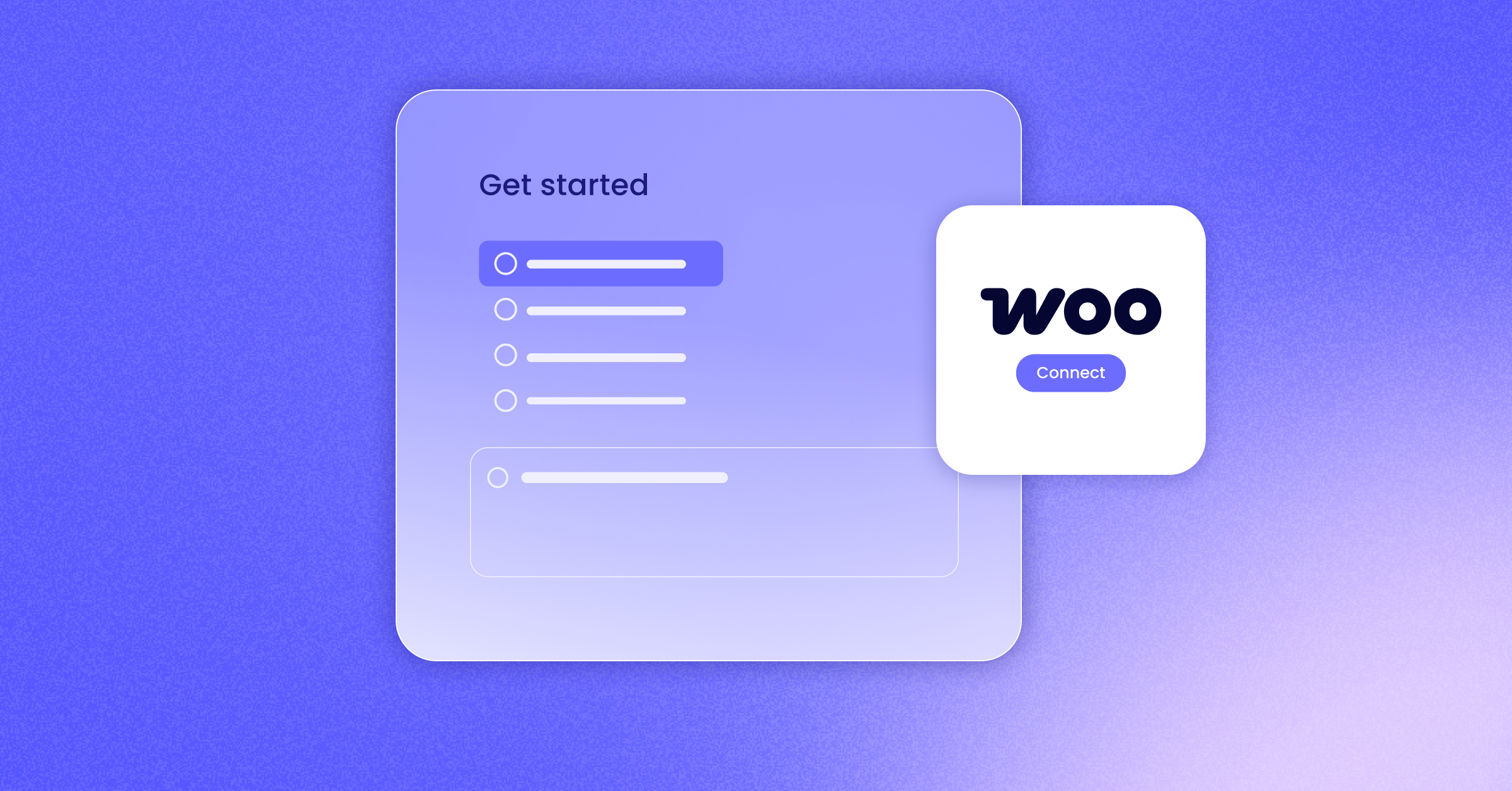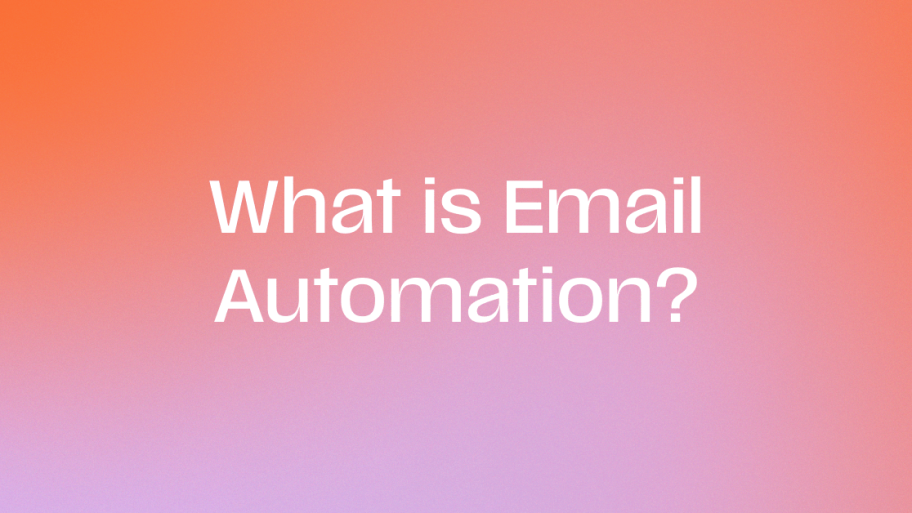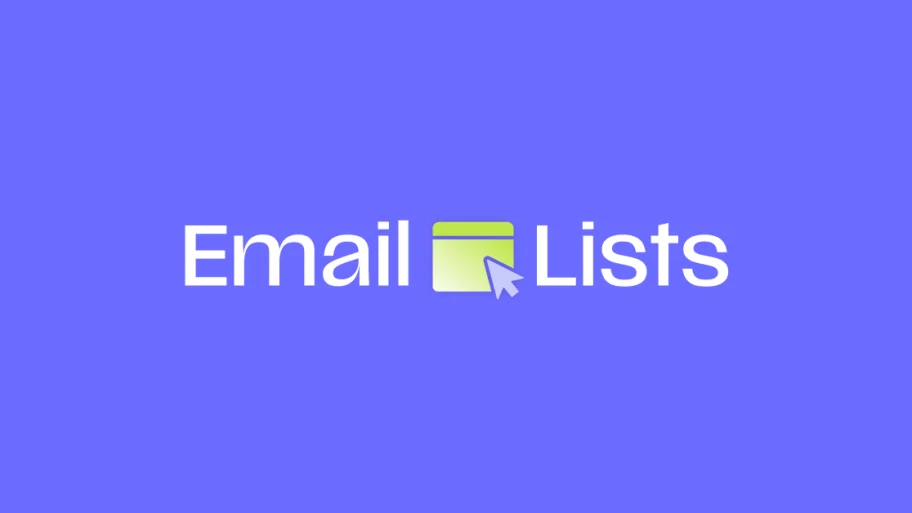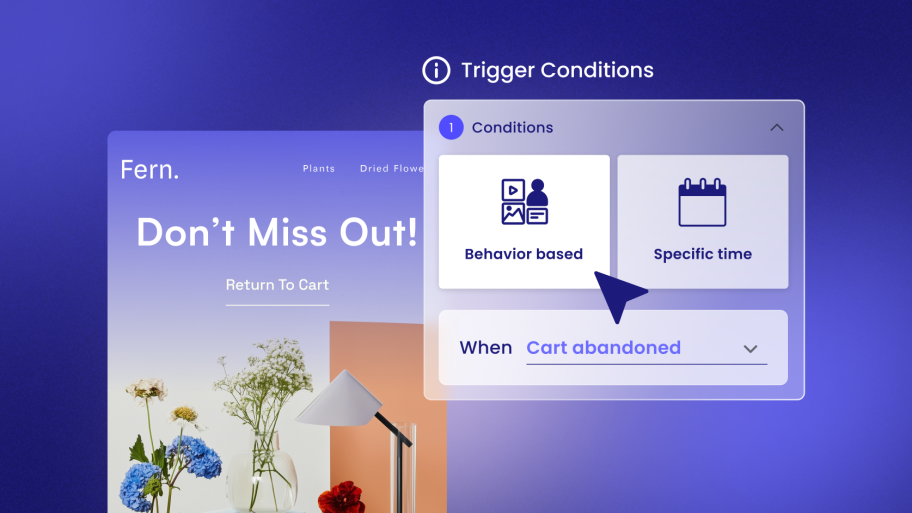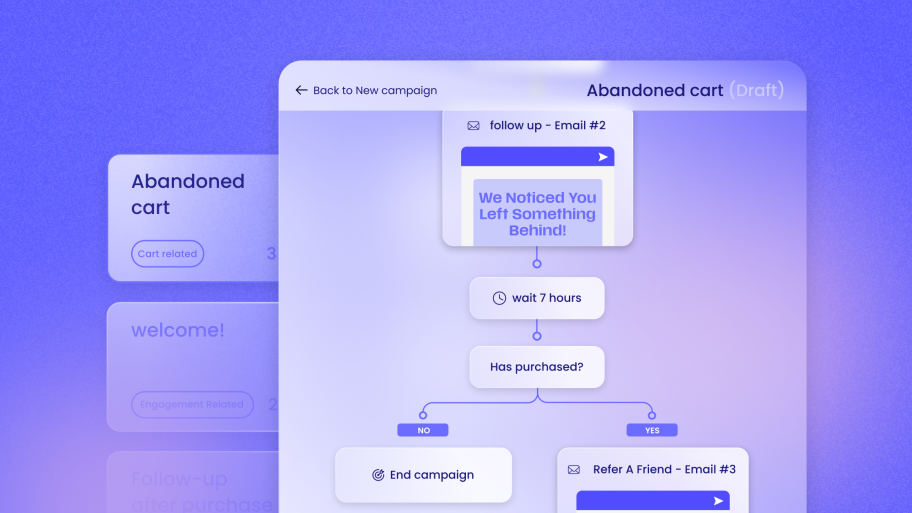This guide cuts through the noise. We’ll explore why a dedicated platform is indispensable, what core features you should look for, and break down the seven best email marketing and communication platforms for e-commerce in 2025. Whether you’re a seasoned web creator designing sites for clients or a store owner managing your brand, you’ll find the insights needed to make an intelligent, informed choice that fuels growth.
Why Your Ecommerce Business Needs a Dedicated Email Marketing Platform
In the competitive world of e-commerce, simply having a great product or a beautiful website isn’t enough. You need practical, direct, and scalable ways to reach and engage your customers. Generic solutions fall short because they lack the specialized features required to convert browsers into buyers and buyers into loyal advocates. This is where a dedicated marketing platform becomes a non-negotiable asset.
Driving Sales and Tangible Revenue
Email marketing remains one of the most effective channels for e-commerce, with billions of active users worldwide. A significant portion of consumers prefer receiving promotional communications via email over other channels. This direct line to your audience allows you to share targeted promotions, announce new products, and recover potentially lost sales with precision.
Automated campaigns are a cornerstone of this revenue generation. For instance, abandoned cart reminders are incredibly effective at recapturing sales that would otherwise disappear. With the average cart abandonment rate exceeding 66%, these automated nudges can have a significant impact on your bottom line. Many brands report that email marketing drives higher engagement and a substantial portion of their overall revenue.
Building Customer Relationships and Lasting Loyalty
Beyond one-off sales, email is a powerful tool for nurturing long-term relationships and building what is often referred to as “emotional loyalty.” The modern consumer wants to form a real connection with the brands they support. It’s no longer just about the transaction; it’s about the entire experience.
A dedicated platform allows you to create this experience at scale.
- Welcome series can properly onboard new subscribers, introducing them to your brand’s story and values.
- Personalized newsletters can keep your brand top-of-mind by delivering content that is genuinely relevant to the recipient.
- Loyalty program updates can reward repeat customers, making them feel valued and appreciated for their continued business.
By segmenting your audience based on their interests, demographics, and purchase history, you can deliver targeted content that makes customers feel seen and understood, which is the foundation of true loyalty.
The Challenge of Choosing the Right Platform
The Shopify App Store alone has over 10,000 apps, many of which handle some form of marketing. This saturation creates a paradox of choice. Some tools are simple, standalone newsletter services. Others are complex, all-in-one marketing clouds that can be intimidating. The key is to find a platform that not only meets your current e-commerce needs but can also scale with your business and, crucially, integrates seamlessly into your existing workflow.
What to Look for in an Ecommerce Email Marketing Platform
To narrow down your options, you need to focus on the features that have the biggest and most direct impact on e-commerce success. A strategic marketing stack is built with specialized tools, not a one-size-fits-all solution. Here’s what to prioritize.
Key Features for Success
- Seamless Integration: Your email platform must work seamlessly with your e-commerce platform, particularly with WordPress and WooCommerce. A truly native integration, one that is built from the ground up for the environment, is the gold standard. This saves you from the constant headaches of managing conflicting plugins, troubleshooting broken APIs, and dealing with data-syncing errors.
- Automation Capabilities: Look for robust and intuitive automation features. The platform should offer pre-built, customizable workflows for essential e-commerce scenarios, such as abandoned cart recovery, welcome emails for new customers, and re-engagement campaigns to win back lapsed shoppers. This “set-and-forget” capability saves an enormous amount of time while continuously driving revenue in the background.
- Segmentation and Personalization: The ability to group your contacts based on their behavior, demographics, or purchase history is a non-negotiable requirement. Effective marketing is about sending the right message to the right person at the right time. A good platform enables you to create precise audience segments, such as “VIP customers,” “first-time buyers,” or “shoppers interested in a specific product category,” allowing for highly targeted and effective messaging.
- Ease of Use: Power is useless if it’s too complex to manage. A user-friendly interface is essential. Look for features like a drag-and-drop email builder and a library of ready-made, responsive templates. These tools lower the learning curve and empower you or your clients to create professional, on-brand campaigns quickly and without needing to write code.
- Analytics and Reporting: To demonstrate the value of your marketing efforts, you need clear and accessible data. The platform should provide real-time analytics that track key performance indicators (KPIs), such as open rates, click-through rates, and conversion rates. Most importantly for e-commerce, it must provide revenue attribution, allowing you to see exactly how much money each campaign is generating.
- All-in-One Functionality: A platform that combines both email and SMS marketing provides a unified and powerful approach to customer communication. SMS is highly effective for immediate engagement, with over 90% of messages being read within three minutes. Managing both channels from a single dashboard consolidates your tools and creates a more cohesive and impactful customer journey.
The Top 7 Email Marketing Platforms for Ecommerce
Here are our top picks for the best e-commerce email marketing and communication platforms in 2025, chosen for their features, integration capabilities, and overall value for online stores.
1. Send by Elementor: The Ultimate WordPress-Native Toolkit

Overview
Send by Elementor is not just another email service provider; it is a
comprehensive communication toolkit designed from the ground up specifically for WordPress and WooCommerce. It’s an integrated solution that fundamentally empowers web creators—freelancers and agencies—to elevate their client offerings far beyond standard website builds, turning one-off projects into long-term, value-driven partnerships.
Core Strengths for Ecommerce
- Truly WordPress-Native Integration: This is Send’s most significant differentiator. Because it is built for WordPress, it eliminates the persistent friction that comes with trying to connect external platforms. You no longer have to wrestle with complex APIs, troubleshoot data-syncing errors, or worry about plugin conflicts that slow down your site. The user interface feels familiar because it follows WordPress design patterns, simplifying your workflow and making it easy to manage all communications from a place you already know and trust.
- Unified Communication Hub: Send consolidates all your essential marketing tools into a single, cohesive place within your WordPress dashboard. It masterfully combines Email Marketing, SMS Marketing, advanced Automation, and deep customer Segmentation. This integrated approach enables you to reduce your reliance on multiple, often disconnected plugins and create a more powerful and streamlined marketing engine.
- Effortless Automation and Management: The platform features a highly intuitive interface along with a library of pre-built automation flows for critical e-commerce touchpoints, including Abandoned Cart Recovery, New Customer Welcome Series, and Customer Re-engagement campaigns. This significantly lowers the barrier to entry, making powerful marketing automation accessible to creators and their clients, even those new to the field.
- Clear, Demonstrable ROI: Send provides real-time analytics and revenue attribution directly within the WordPress dashboard. This is a game-changer for web creators. It makes it incredibly easy to track the direct impact of marketing activities on sales and to demonstrate clear, tangible value to clients. You can show them exactly how your work is growing their business, strengthening your role as an indispensable partner.
Key Features
- Email & SMS Marketing and Automation
- Drag-and-Drop Email Builder & Ready-Made Templates based on Elementor best practices
- Advanced Audience Segmentation based on behavior and purchase history
- Seamless WooCommerce and Form Sync for efficient Contact Management
- Built-in Lead Generation Tools to capture and track new prospects
Who It’s For
Send by Elementor is built for
Web Creators—the freelancers and agencies who design, build, and manage websites on WordPress, especially for WooCommerce stores. It provides a clear, simplified path to adding high-value, recurring revenue services, such as email and SMS marketing, allowing creators to build stronger, more profitable, and lasting client relationships.
2. Yotpo Email Marketing & SMS
Overview
Yotpo offers an integrated email and SMS marketing platform designed for e-commerce merchants. It enables brands to manage both communication channels from a unified dashboard, focusing on personalized messaging driven by extensive customer data.
Key Features
The platform allows users to build subscriber lists through opt-in forms and create precise audience segments using over 180 data points. It supports multi-message campaigns, performance analytics, and A/B testing to help optimize engagement. As a case study, ICON Meals used the platform to achieve 38% more revenue from its automated flows and a 25% increase in open rates. Pricing is offered on a pay-as-you-go model.
3. AdRoll Marketing & Advertising
Overview
AdRoll is a digital advertising platform that helps brands drive conversions through personalized advertisements and retargeting campaigns. It’s designed to improve customer engagement across different stages of the marketing funnel.
Key Features
AdRoll’s features include automated audience segmentation and various targeting methods, such as contextual and look-alike targeting. The platform also provides analytics and attribution reporting. The Shopify app is free to install, but automating campaigns requires a paid package, which starts at $40 per month for up to 1,000 website visitors, plus a minimum daily ad budget of $40.
4. Shopify Inbox
Overview
Shopify Inbox is a free messaging app that enables merchants to engage in real-time conversations with customers as they browse an online store. The goal is to reduce friction and boost conversions by addressing shopper questions instantly.
Key Features
The tool provides valuable context to merchants, such as which products a customer has viewed or what’s in their cart. This allows for personalized support, targeted product recommendations, and timely discount offers to encourage purchases. It also features AI-powered instant answers and suggested replies to help save time. The app is free for all Shopify store owners.
5. Octane AI
Overview
Octane AI is an advanced quiz-making platform designed to create a more personalized shopping experience for customers on Shopify stores. It helps brands gather customer data to better understand visitor behavior and product needs better.
Key Features
By creating engaging quizzes, brands can recommend the best products according to a customer’s specific needs, which helps build a stronger relationship and can increase sales and average order value. Personalization is a key driver, as 60% of consumers report they are likely to become repeat purchasers after a personalized experience. Paid plans start at $50 per month for 200 engagements.
6. Subi Subscriptions App
Overview
The Subi Subscriptions App offers a scalable solution for e-commerce stores to launch and manage subscription programs. It is built to simplify the complexities of managing recurring revenue for various business verticals, including beauty, wellness, and food & beverage.
Key Features
Subi provides a user-friendly customer portal and a quick setup process with a mobile-friendly design. This makes it easy for shoppers to subscribe and for brands to track performance metrics. Every merchant also receives access to a dedicated customer success manager for personalized support. The app offers a free plan, with paid tiers starting at $9 per month.
7. Yotpo Loyalty & Referrals
Overview
As e-commerce shifts toward a retention-focused landscape, loyalty and referral programs have become a widely accepted strategy to drive repeat purchases. Yotpo Loyalty & Referrals empowers brands to create tailored programs that turn satisfied shoppers into vocal advocates.
Key Features
The platform offers flexible reward structures, enabling brands to incentivize actions such as purchases, social engagement, and referrals. Brands can use customizable point systems and tiered programs to foster long-term loyalty. It integrates with Yotpo’s other products, such as Reviews and SMS, to create a more connected ecosystem for maximizing customer lifetime value. Paid plans start at $199 per month for up to 500 monthly orders.
Making Your Final Decision
Choosing a marketing platform is a strategic decision that should align with your specific business goals, operational workflows, and technical ecosystem. The best tool for one business may not be the best for another.
Aligning the Platform with Your Business Goals
First, think about your primary objectives. Are you focused on generating new leads, nurturing existing customers, improving retention, or providing a new suite of marketing services to your clients? Your answer will guide you toward the platform with the right feature set. For those working deeply within the WordPress and WooCommerce ecosystem, a native solution offers undeniable advantages in efficiency, performance, and ease of use. A platform built for your environment works with you, not against you.
Why Send by Elementor Stands Out for Web Creators
For the specific audience of web creators, Send by Elementor is uniquely positioned to be more than just a tool—it’s a business growth engine. By seamlessly integrating into the WordPress dashboard you already know and trust, it allows you to expand your professional offerings without adding unnecessary complexity.
Instead of just handing over a finished website, you can now offer ongoing, high-value marketing services that directly contribute to your client’s success. Send provides a clear and simple path to launching these services, fostering stronger, long-term partnerships and building predictable, recurring revenue streams that stabilize your business. The platform’s entire philosophy is centered on delivering demonstrable business value for both you and your clients.
Conclusion
The correct email and communication platform can be a transformative force for any e-commerce business. In 2025, success is not just about having a great product; it’s about building a community, fostering loyalty, and communicating effectively across the entire customer journey. By focusing on key features like seamless native integration, powerful automation, and clear, actionable analytics, you can find a tool that doesn’t just send messages but actively contributes to your growth.
For web creators who build their businesses on WordPress and WooCommerce, Send by Elementor offers a powerful, native toolkit designed to simplify marketing and amplify results. By choosing a platform that aligns with your specific workflow and business model, you can unlock new opportunities, deliver greater value to your clients, and build a more profitable and sustainable business.
